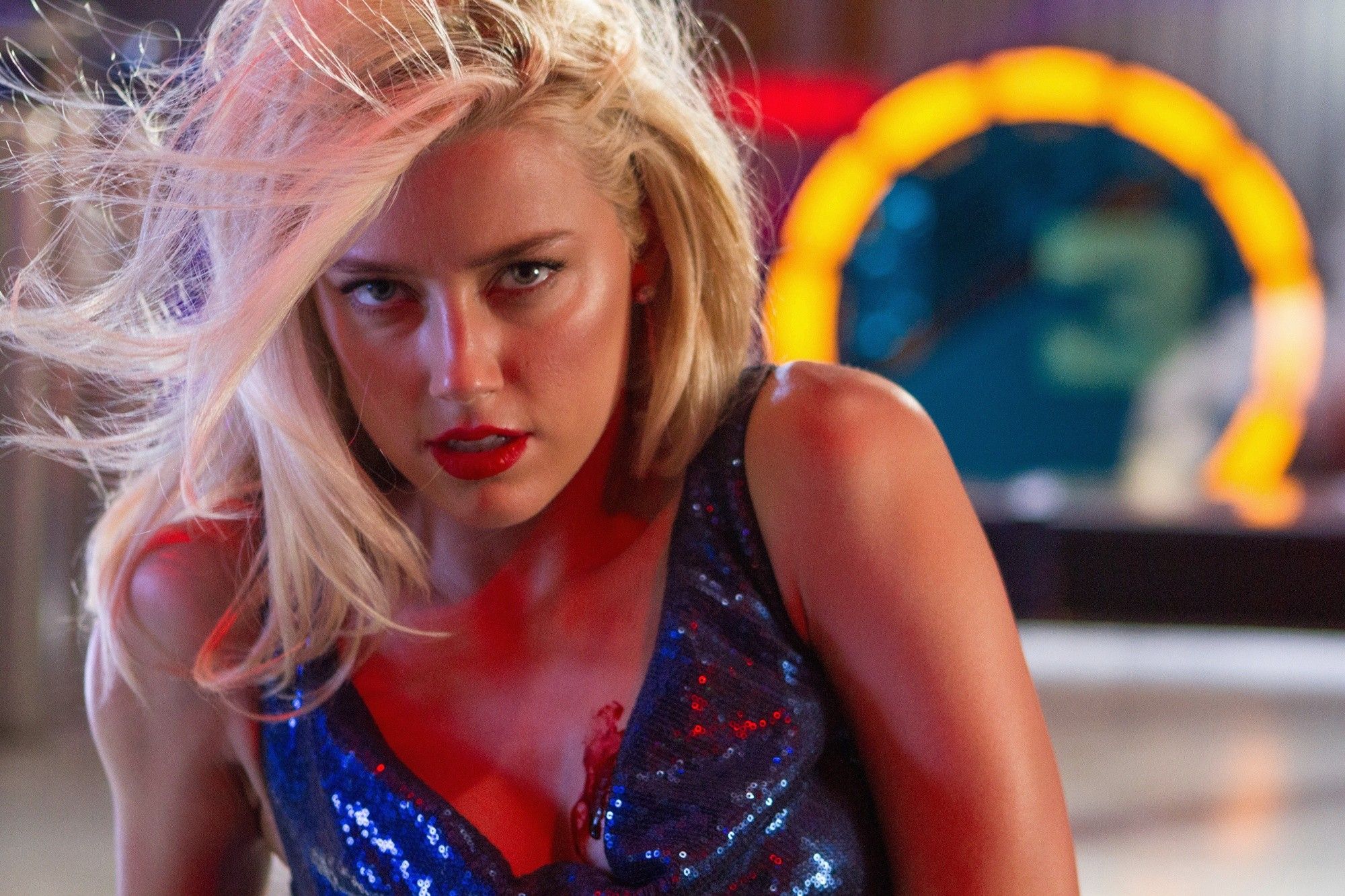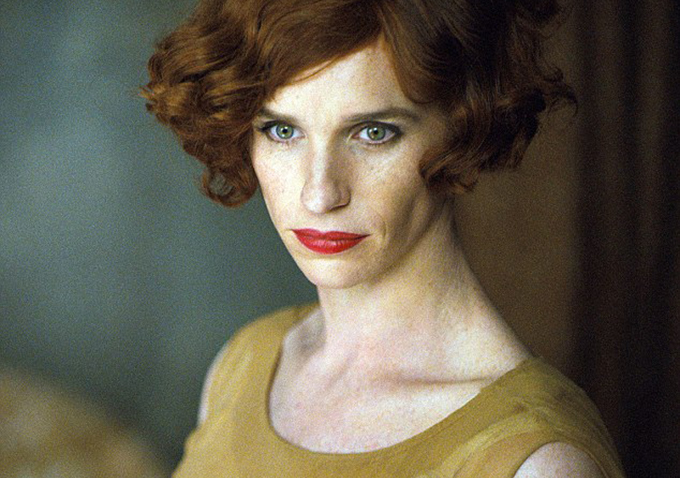By providing your information, you agree to our Terms of Use and our Privacy Policy. We use vendors that may also process your information to help provide our services. This site is protected by reCAPTCHA Enterprise and the Google Privacy Policy and Terms of Service apply.
Tribeca: Amber Heard Is Done Being Hollywood’s Sex Object
Nigel M. Smith

Since breaking out with “Friday Night Lights,” the 2004 teen drama that went on to inspire the beloved TV series, Austin-born actress Amber Heard has worked non-stop in Hollywood. But it’s taken a decade for Heard to finally find her voice in the industry.
The actress, who recently became a tabloid fixture following her recent elopement to Johnny Depp, does two on-screen “firsts” in the 2015 Tribeca Film Festival premiere “When I Live My Life Over Again.” In the dramedy, from writer-director Robert Edwards, Heard plays the guitar and sings (she’d never done either prior to this movie) to play Jude, a pink-haired struggling singer/songwriter who heads home to her father (Christopher Walken) after one too many big city problems. As soon as she arrives, she’s reminded that spending time with her father presents its own particular set of challenges.
The project also marks a huge change of pace for Heard for another reason: it’s one of the few in which her character isn’t a sex object. From “All the Boys Love Mandy Lane,” in which she played the titular hot girl, to NBC’s ill-fated series “The Playboy Club,” in which she played a cocktail waitress at the infamous Chicago spot, to “Machete Kills,” in which she donned some very risqué outfits to play the deadly Miss San Antonio, Heard up until now has been largely relegated to playing the lusted-after vixen. “When I Live My Over Again” proves there’s so much more to Heard than meets the eye.
 For years now you’ve chosen “sexy.” Why did you make that choice?
For years now you’ve chosen “sexy.” Why did you make that choice?
To Robert Edwards’ credit, I met with him like you and I are meeting and said, “I will work my ass off to learn to sing”—
But it’s very hard, the roles are very limited and hard to find. I moved to L.A. when I was 17 not knowing anyone so I had to work my ass off. Finally I’m being allowed to have the opportunity.
 “The Danish Girl” is coming out this Christmas. Can you talk about that and whether you’re being really selective about the types of projects you take on going forward?
“The Danish Girl” is coming out this Christmas. Can you talk about that and whether you’re being really selective about the types of projects you take on going forward?I’m seeking roles that challenge me and that are compelling. There not always going to be easy characters, or beautiful characters or heroes. I want to take roles that I feel are complex and challenging and “The Danish Girl” is no exception. I play Oola Paulson and she’s a ballet dancer in 1920’s Copenhagen. The creative undercurrent is running through that area of the world. It’s such a beautiful time. She’s a ballet dancer, close with the couple played by Eddie Redmayne and Alicia Vikander. Oola is their flamboyant, fun-loving friend who allows Eddie’s character to be seen from the perspective he wants, she allows him to become who he wants to become in a way that is driven by the heart. She’s completely non-judgmental and leads with her heart and helps Eddie to fully realize who he needs to become with love and support and ease.
READ MORE: Eddie Redmayne on his First Post-Oscar Project ‘The Danish Girl’
READ MORE: Exclusive: Could Amber Heard and Christopher Walken Be Performing at Next Year’s Oscars?
By providing your information, you agree to our Terms of Use and our Privacy Policy. We use vendors that may also process your information to help provide our services. This site is protected by reCAPTCHA Enterprise and the Google Privacy Policy and Terms of Service apply.















